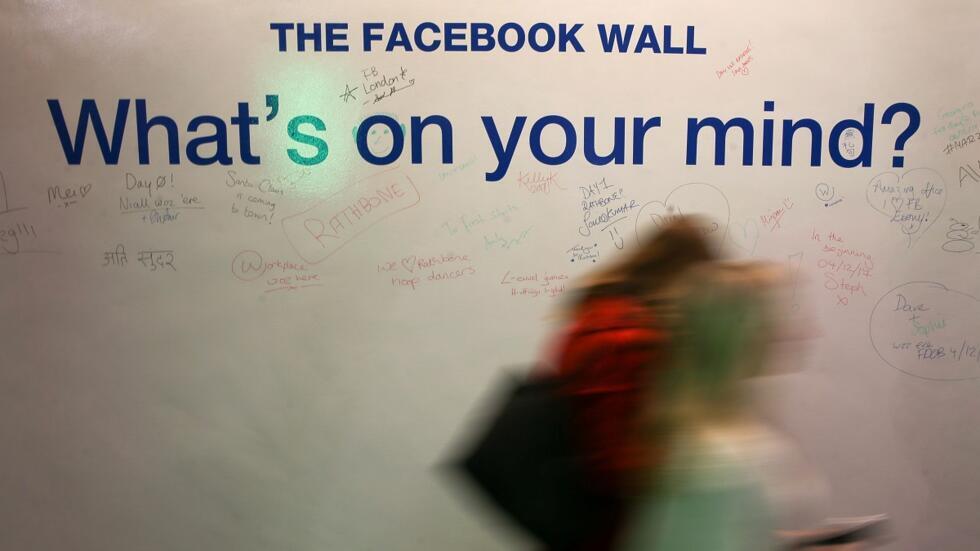Former execs say Facebook 'exploits' psychology to addict users
Facebook responded Tuesday to criticisms from a former executive who said the social media giant's addictive nature was "ripping apart the social fabric", saying it was working to understand the platform's effects on "well-being".
Issued on: Modified:

The social media giant issued its statement after Chamath Palihapitiya, a former Facebook vice-president for user growth between 2007 and 2011, said that its former employer was "ripping apart the social fabric of how society works".
“The short-term, dopamine-driven feedback loops that we have created are destroying how society works. No civil discourse, no cooperation, misinformation, mistruth. And it’s not an American problem – this is not about Russians ads. This is a global problem,” Palihapitiya told an audience at Stanford University in November, before admitting that he felt “tremendous guilt” for his part in building tools that have helped widen social divisions.
Facebook said in a statement that it is "working hard to improve" its systems and noted that it is not the same company it was when Palihapitiya, who left six years ago, worked there.
"We've done a lot of work and research with outside experts and academics to understand the effects of our service on well-being, and we're using it to inform our product development," the company said. "We are willing to reduce our profitability to make sure the right investments are made."
Palihapitiya’s comments were the latest in a wave of criticisms from the very people who helped build Facebook in its early days.
'Techniques developed by the gambling industry'
Facebook exploits a "vulnerability in human psychology" to addict its users, Sean Parker, the company's first president, said in a public forum last month. In early November, Parker told the news site Axios that Facebook was designed to answer the question, "How do we consume as much of your time and conscious attention as possible?" He called its stream of comments, "likes" and reactions a "social validation feedback loop that exploits how human brains work".
"You're exploiting a vulnerability in human psychology ... [The inventors] understood this, consciously, and we did it anyway," he said.
Roger McNamee, a venture capitalist and early investor in both Facebook and Google, has also warned about the psychological effects of the internet giants. In an August USA Today op-ed, he said such companies have become "a menace to public health and to democracy".
A few days later, McNamee wrote an essay for The Guardian in which he argued that Facebook and Google have used "persuasive techniques developed by propagandists and the gambling industry", combining them with modern technology to maximise their profits while pushing "appeals to fear and anger" that reinforce people's own "filter bubbles" and escalate addictive behaviours.
The controversy over Facebook’s exploitation of psychological vulnerabilities comes at a critical moment for the social media giant, which is launching “Messenger Kids”, a messaging app for children between 6 and 12. Facebook promises that the collection of data on Messenger Kids will be “limited” and that it will be ad-free.
Facebook’s foray into the underage segment is unlikely to win applause from its disillusioned former executives. In comments made before the social media giant unveiled its Messenger Kids app, Palihapitiya called on users to take a “hard break” from social media.
“I can’t control [Facebook],” he said. “I can control my decision, which is that I don’t use that sh*t. I can control my kids’ decisions, which is that they’re not allowed to use that sh*t.”
(FRANCE 24 with AP)
Daily newsletterReceive essential international news every morning
Subscribe